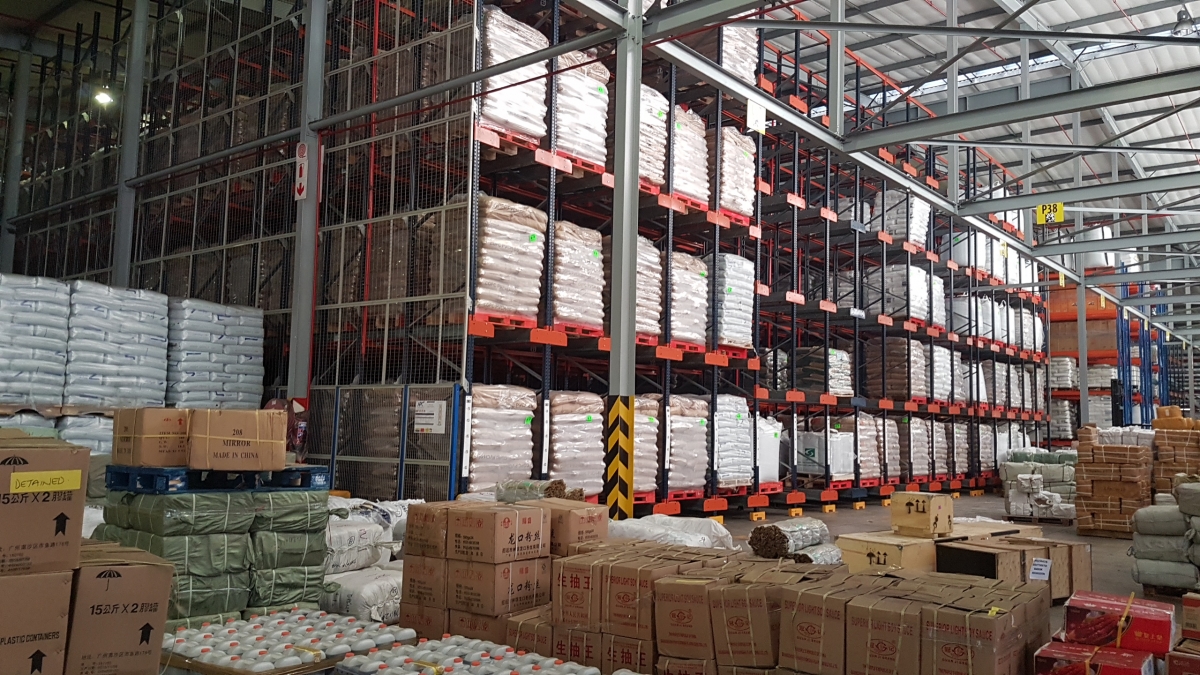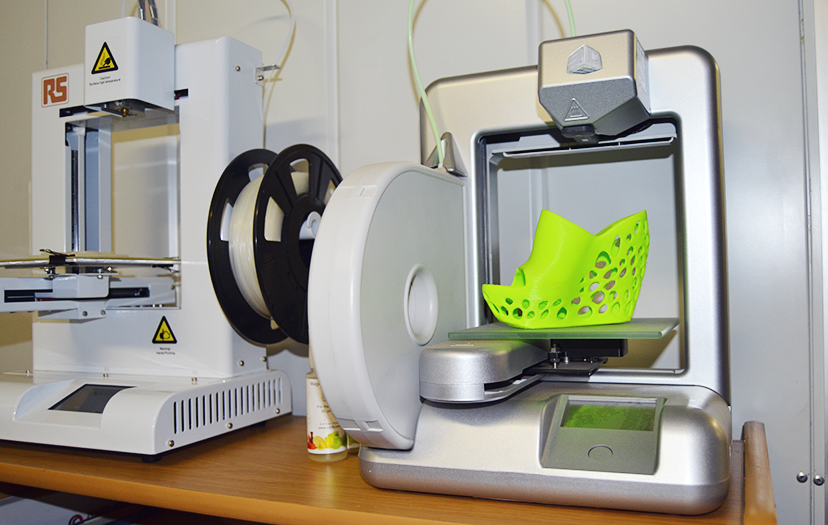The contract to supply a pallet shuttle system was awarded against a number of competitors due to its numerous benefits and a design to aid the client develop a final solution. This included a sprinkler systems, for which one of APC Storage Solutions SA’s business partners was used.
Intermodal Cargo Solutions had been in talks with one of APC Storage Solutions SA’s competitors and required an additional service provider to propose and quote on a similar solution. APC Storage Solutions SA was approached and took time to understand all the client’s needs, including facility layout, load units, pick rates and throughputs, etc. The fact that Intermodal was dealing with various companies, each able to provide only a part of the overall required solution, counted substantially in APC Storage Solutions SA’s favour, as it was in a position to manage the entire project. With this information at hand, the team submitted a design to meet the client’s requirements, which led to the contract being awarded to APC Storage Solutions SA.
Approximately 110 containers are received by Intermodal fortnightly and 5 500 pallets dispatched, resulting in total warehouse turn-around every two weeks. “Our proposed solution meant that we needed to take the standard operating procedures, business rules and active target rate of receiving and dispatch into consideration, as well as receiving and dispatch door locations. This was necessary to allow the customer to optimally plan for pick and replenishment waves without negatively impacting on the warehouse flows,” says Ettienne Meyburgh, General Manager – KZN Region & Automation, APC Storage Solutions SA.
APC Storage Solutions SA provided the first block of 30 metre-wide, five levels high and 68 pallets deep; and another block of 10 meters wide, four levels high and 20 pallets deep, coupled with a world-class Wi-Fi radio pallet shuttle system operating on the FIFO principle. The installed pallet shuttle system is designed to prevent or minimise damage to racking units, to best control FIFO and batch receive and dispatch operations. It also boosts pallet load and unload rates, and therefore throughput rates. The pallet shuttles moves along special rails attached to the racking, eliminating the need for aisles as storing and extracting pallets is achieved via remote control using WiFi-enabled tablets.
As the pallet shuttle has its own ‘intelligence’ and electrical supply system, it is able to stock pallets deep inside storage tunnels, retrieve and convey them to the front of the tunnel. Its deep lane storage and retrieval, with the ability to transport various pallet sizes with weight loads of up to 1 500 kg, and at speeds reaching 1.3 m/s, adds to increased productivity and enhances product safety. Operator time is reduced by half, in/out flow efficiency is retained and available storage capacity is maximised.
In addition, overall efficiency improvements are gained by safer pallet handling (a 10 mm accuracy rate), electronic pallet length checks for optimal density storage, and the fact that operators remain outside of the tunnels.
The pallet shuttles have several safety and control systems in place, which include incorporated electrical components that allow autonomous displacements, radio frequency commands transmitted to the shuttle’s PLCs, an incorporated emergency stop button, sensors to bring the shuttle to a halt in the event of a collision or obstructions picked up whilst moving in the tunnels, and bumpers and stop points to avoid would-be accidents. The Wi-Fi-controlled terminal allows control of multiple shuttles from a Dell tablet and intuitive functioning means operators use push-button actions only in order to convey instructions.
This specific storage system consists of four pallet shuttles in two main aisles. A supplementary back-up pallet shuttle was issued on consignment, as was a rescue cart to assist in the unlikely event of battery failure. If repositioning or site transfers are required, the pallet shuttle is manually handled using a conventional reach truck.
Before phase I of the installation was complete, Intermodal realised the need for additional capacity sooner than anticipated. They commissioned APC Storage Solutions SA to install a planned phase II installation as part of phase I. “We were sufficiently flexible to incorporate the latter requirements into our installation,” Meyburgh points out, “and we completed this part of the project in an operational environment.
Intermodal Cargo Solutions is now a full year in production subsequent to implementation of APC Storage Solutions SA’s full maintenance agreement. The Customs Franchised Container Freight Station Company has not experienced any downtime on APC Storage Solutions SA’s pallet shuttles since the implementation of the maintenance agreement.








